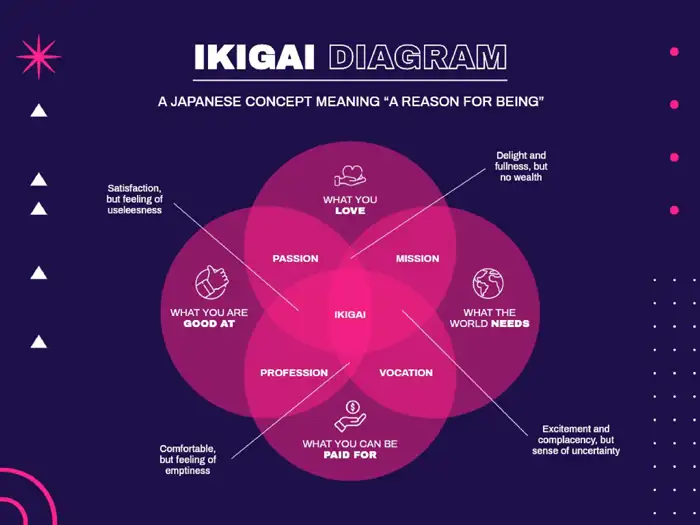High Motivation IELTS Listening Practice
High Motivation IELTS Listening Practice
Selected Text (below 500 words)
Source: https://lifehacker.com/
Everyone is fueled by their own dreams and ambitions, but taking a close look at the complex relationship between happiness and motivation might give us a hint at what drives people to do their best work. Does happiness drive motivation?
There is enough evidence, by now, to believe that happy people are more productive. In fact, a Gallup-Healthways study estimates that unhappiness among workers in the U.S. is costing a whopping $300 billion per year in lost productivity.
A series of studies by Andrew J. Oswald and his team also provide evidence that happiness positively impacts productivity. In one experiment, subjects have their happiness levels increased by being shown a clip of comedy routines. The subjects who had watched the comedy clip showed 12 percent greater productivity than those who had watched a “placebo” clip.
A second study by the same group of scientists took a look at major, real-life unhappiness shocks such as bereavement and family illness and how they impact productivity. In this study, a random group of subjects was given a questionnaire about their happiness level and possible negative life events. Then they performed the same tasks as the subjects in the previous experiment. It turns out that having had a bad life event in the previous two years lowers people’s performance by approximately 10 percent.
One reason that might explain why happy people are more productive might be that people recognize changes in their energy levels not only as a function of physical states (illness, fatigue, etc.), but also as a function of psychological factors.
Simply put, people are happy when they subjectively believe themselves to be happy.
Scientists Richard M. Ryan from the University of Rochester and Christina Frederick from the University of Southern Utah have taken an extensive look at the concept of subjective vitality as a reflection of well-being.
Ryan and Frederick argue that subjective vitality is enhanced when the basic psychological needs for autonomy, competence, and relatedness are satisfied. They especially emphasize the role of autonomy on energy levels—when the action comes from one’s own decisions, as opposed to being demanded to think or behave in a certain way by someone else. While autonomous behavior can maintain or enhance levels of energy, controlled behavior feels like a drain on personal energy. As a manager or director, this means that giving more freedom to employees can improve their feelings of well-being—and perhaps their productivity.
In one study, Ryan and Frederick found that when samples from both a pain and a weight-loss clinic reported more controlled reasons for being in treatment, they showed less vitality than than those who had autonomous reasons for participating.
This shows that intrinsic motivation increases the level of subjective vitality, or our perceived energy level. Autonomy can thus foster feelings of energy and well-being. So if you want higher energy levels from your team members, make sure to give them autonomy over their own tasks.




4. Please elaborate on the distinctive features of the “meaningful condition” and “Sisyphic condition”?
3. What are the pros and cons of being a marathoner?
2. Mention the most three important factors that you think can motivate people.
1. What are the parameters of motivation equation?